
Navigating Visa’s New Surcharge Rules: Understanding the Impact on ISVs and VARs

Surcharging is the practice of adding a fixed fee to a credit card transaction to cover the cost of processing the payment. Merchants may find surcharging appealing because it allows them to recoup some of the processing fees charged by credit card companies, which can cut their profits. Traditionally the cost of accepting credit cards is one of the highest restaurant owners face each month.
However, business owners must be aware of the rules and regulations; if not followed, it can result in severe consequences. Visa, one of the largest credit card companies in the world, has recently updated its surcharge rules in the U.S., U.S. territories, and Canada. Effective April 15, 2023, merchants must only notify their acquirers, not Visa, 30 days before assessing surcharges. Additionally, the maximum amount for a credit card surcharge in the U.S. and U.S. territories will be lowered from 4% to 3%, with the maximum amount now reflected in the Visa Rules.
It’s imperative for BOLD partners and merchants to be aware of these changes to stay compliant and mitigate any potential risks. Let’s dive deeper into the rules and regulations surrounding surcharging, the comparison between surcharging and dual pricing, and Visa’s compliance actions.
Surcharging Rules and Regulations
The impact of surcharging can vary depending on the context in which it is implemented.
It can significantly impact ISVs (Independent Software Vendors) and VARs (Value-Added Resellers), as they may be responsible for the payment processing technology merchants use to accept credit card payments. If their software or systems do not comply with Visa’s surcharging rules, it could result in non-compliance penalties for the ISVs and VARs.
For merchants, surcharging can offer a way to recoup the cost of credit card processing fees, which can be significant, particularly for small businesses. This can increase profitability and make the cost of goods or services more competitive.
Surcharging can also adversely affect merchants, such as losing customers who are deterred by the added fee and choose to shop elsewhere. Additionally, some jurisdictions have laws in place that prohibit surcharging altogether or limit the amount that can be charged, which can result in non-compliance penalties.
Navigate the rules and regulations surrounding surcharging
There are rules and regulations that merchants must follow when implementing surcharging. These vary depending on the country and state/province in which the merchant operates. Here are some general guidelines:
- Surcharges are only permitted on credit card transactions.
- Surcharges are only allowed in U.S. states, U.S. territories, or Canadian provinces where they are not prohibited by local law.
- Merchants must clearly disclose the surcharge amount to the customer before completing the transaction.
- The surcharge must not exceed the allowable percentage limit set by the card network (in the case of Visa in the US and US territories, the maximum surcharge amount is 3%; in Canada, the maximum is 2.4%).
- Merchants must only surcharge the amount they are being charged for the transaction and cannot profit from surcharging.
- The surcharge must be applied equally to all credit card brands accepted by the merchant.
- To date, only two states and one jurisdiction still outlaw the use of credit card surcharges: Connecticut, Massachusetts, and Puerto Rico.
It’s important to note that surcharging rules constantly evolve and may differ between countries, states, or even individual card networks.
ISVs and VARs should ensure that any surcharges are only assessed on credit cards and in U.S. states, U.S. territories, or Canadian provinces where surcharges are not prohibited by local law. Assure the surcharge amount is accurately calculated and applied to each transaction and that the amount does not exceed the maximum Visa allows.
Moreover, ISVs and VARs need to stay informed about any changes to surcharging regulations and any updates to the Visa Rules. They should also communicate with their merchants to be made aware of the rules and regulations surrounding surcharging and that they comply with them.
How merchants can avoid non-compliance
In order to stay within these regulations and avoid non-compliance, merchants should take the following steps:
- Understand the regulations: Merchants should familiarize themselves with the surcharge regulations in their jurisdiction. These regulations may be set at the federal, state, or local level, and can vary depending on the type of card being used (e.g. Visa vs. Discover).
- Disclose surcharges: If a merchant is permitted to impose a surcharge, they must clearly disclose the surcharge amount to customers prior to the transaction. This disclosure should be posted in a prominent location, such as at the point of sale, and included on receipts.
- Limit surcharges: Even if surcharges are permitted, there are limits on the amount that can be charged. Merchants should ensure that their surcharges do not exceed these limits.
- Treat all cards equally: Merchants should not discriminate between different types of cards (e.g., Visa vs. Mastercard) when imposing surcharges. Surcharges should be applied equally to all cards within a particular category (e.g. credit cards).
- Monitor compliance: Merchants should regularly review their surcharge practices to ensure they comply with applicable regulations. This may involve monitoring the number of surcharges being applied, reviewing disclosure practices, and ensuring that all staff is aware of the relevant regulations.
Failure to comply with surcharge regulations can result in significant penalties and legal liabilities.
Surcharging vs. Dual Pricing
Exploring the advantages of dual pricing
While both surcharging and dual pricing are strategies used by businesses to cover the cost of processing, merchants may find dual pricing more appealing than surcharging as a viable alternative. Dual pricing involves displaying two different sticker prices for a product or service, one for customers who pay with cash and another for customers who pay with credit or debit cards. Here are some potential benefits of this pricing strategy:
- Compliance with regulations: In some jurisdictions, surcharging customers for using a card may be illegal or subject to regulatory limitations. By using a dual pricing strategy, businesses can comply with these regulations while still offering customers the option to pay with cards. Dual pricing is accepted in all fifty states.
- Encourages cash payments: By offering a lower price for customers who pay with cash, businesses can incentivize customers to choose this payment method, which can be less costly for the business than accepting card payments. This can help businesses reduce payment processing fees and improve their cash flow.
- Increases transparency: Displaying two prices can help businesses be more transparent about their pricing policies and the costs associated with different payment methods. This can help build trust with customers and reduce the likelihood of disputes or chargebacks related to pricing.
- Offers flexibility: By offering two prices, businesses can provide customers with more options for paying and tailor their pricing strategies to different segments of their customer base. For example, customers who are more price-sensitive may be more likely to pay with cash, while customers who value convenience may prefer to pay with cards.
Overall, dual pricing is seen as a more transparent approach to pricing, and it can encourage customers to pay with cash, which can be less expensive for the merchant to process.
Visa’s Compliance Action
Steps Visa is taking to find merchants using non-compliant surcharging programs
Visa takes non-compliance with its rules and regulations very seriously and has a number of processes in place to identify merchants who are not adhering to its requirements. Visa monitors transaction data to identify patterns or anomalies that may indicate non-compliance. This can involve analyzing transaction volumes, chargeback rates, and other indicators suggesting that a merchant is not complying with Visa’s rules.
Techniques used to police merchants
Visa uses secret shoppers and crowdsourcing to police merchants by having these resources act as the ‘eyes and ears’ of their organization. Secret shoppers are used to anonymously visit merchants and evaluate their customer service, store operations, and compliance with Visa’s standards. Crowdsourcing involves engaging a large group of people to provide feedback on a merchant’s operations. This information is then used to identify any areas that require improvement or that do not meet Visa’s standards. Additionally, secret shoppers and crowdsourcing provide Visa with valuable insights into the experience their customers have when using their cards.
Consequences of non-compliance
If a merchant is found to be in non-compliance with Visa’s rules regarding surcharging, they risk being subject to a range of consequences. This could include fines and/or suspension from Visa’s network, as well as being required to make restitution to customers and/or pay a penalty fee. The amount of the fines and/or penalties imposed will depend on the severity of the non-compliance and can range from five to twenty-five thousand dollars. Visa may also refuse to extend credit or processing services to the merchant, which could negatively impact their ability to do business.
What about the other major card brands?
Other card brands will likely follow in Visa’s footsteps. This will involve adopting similar regulations, which will be designed to protect customers from excessive fees while also ensuring that merchants are not unfairly penalized for processing payments. The increased competition in the payments industry will likely drive other card brands to be more aggressive with their surcharging policies. They may even go beyond the regulations set by Visa.
Conclusion
Visa’s new surcharge updates have brought about significant changes for merchants, ISVs, VARs, and other payment industry players. It is essential to understand the rules and regulations surrounding surcharging and to comply with them to avoid penalties and non-compliance risks.
Surcharging and dual pricing are viable strategies that can help businesses increase revenue. Still, dual pricing may be a more appealing option for merchants due to its potential benefits, such as encouraging cash payments, increasing transparency, offering flexibility, and compliance with regulations.
Visa takes non-compliance seriously and has put measures in place to detect and penalize those who violate the rules. It is essential for BOLD partners and merchants to take steps to mitigate their risk of non-compliance, including staying up-to-date with regulations and implementing compliant pricing strategies.
Overall, navigating Visa’s new surcharge rules and regulations can be challenging, but with the right knowledge and approach, BOLD partners and merchants can ensure compliance and avoid the negative consequences of non-compliance. By understanding the differences between surcharging and dual pricing and by working together with payment industry partners, businesses can continue to offer convenient payment options to their customers while remaining in compliance with Visa’s rules and regulations.
If you’re a BOLD partner looking to help your merchants navigate the complexities of Visa’s surcharging regulations, consider reaching out to the BOLD partner experience team for support. Our team can provide valuable insights into compliant pricing strategies, including dual pricing, that can help merchants reduce payment processing fees and increase revenue. Contact us today to learn more about how a dual pricing strategy could help your merchants save money and stay compliant with Visa’s rules and regulations.
Want to learn more about surcharging and the new rules?
Contact us below, and a BOLD representative will reach out to you shortly.


![contactless payments_317416583 [Converted]-01.png](https://images.squarespace-cdn.com/content/v1/593014b0414fb58c4dfa2ca6/1624385871952-SF3QS4BUU6UXAVIL83GU/contactless+payments_317416583+%5BConverted%5D-01.png)

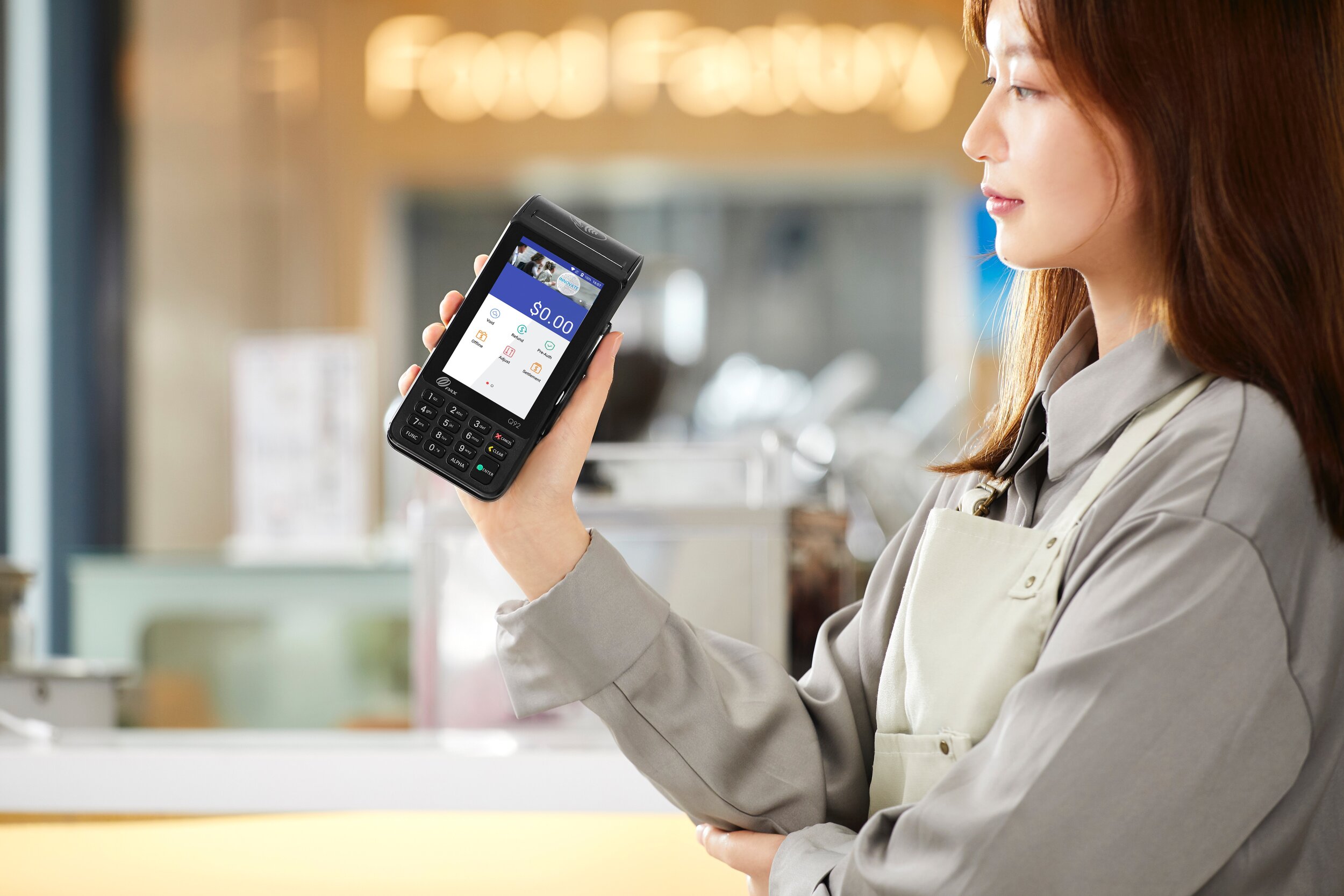
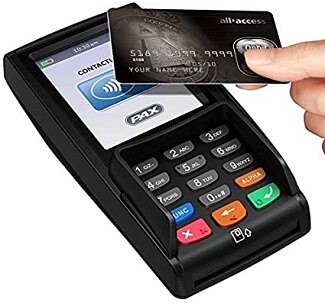
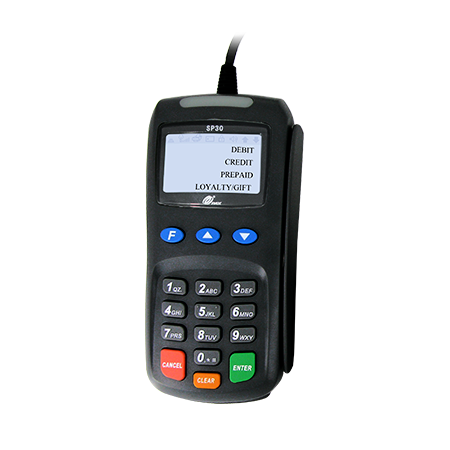
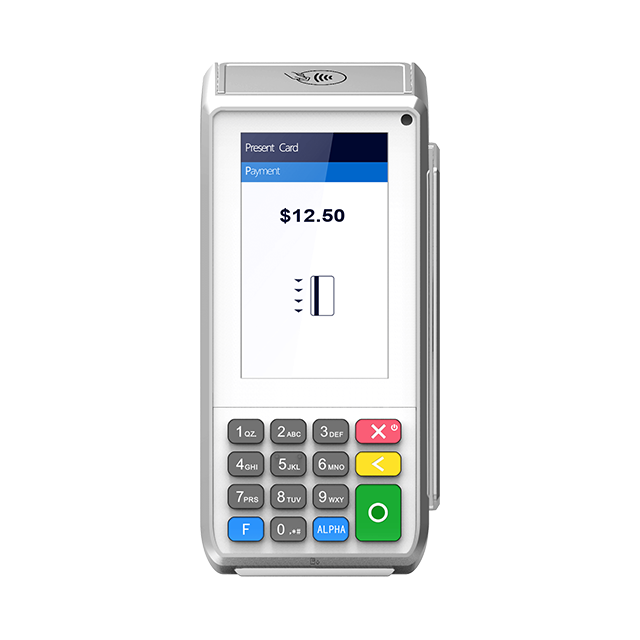
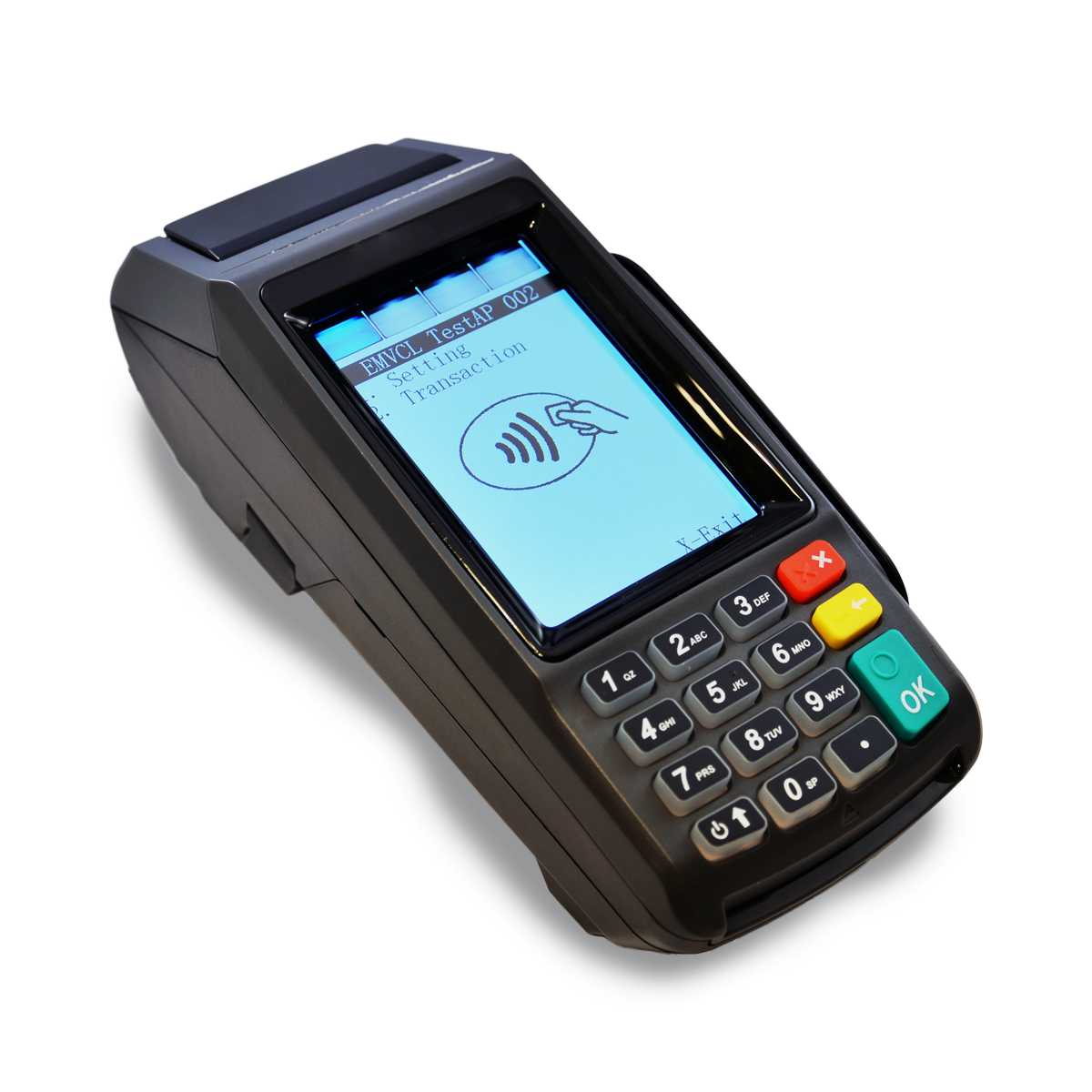



Recent Comments